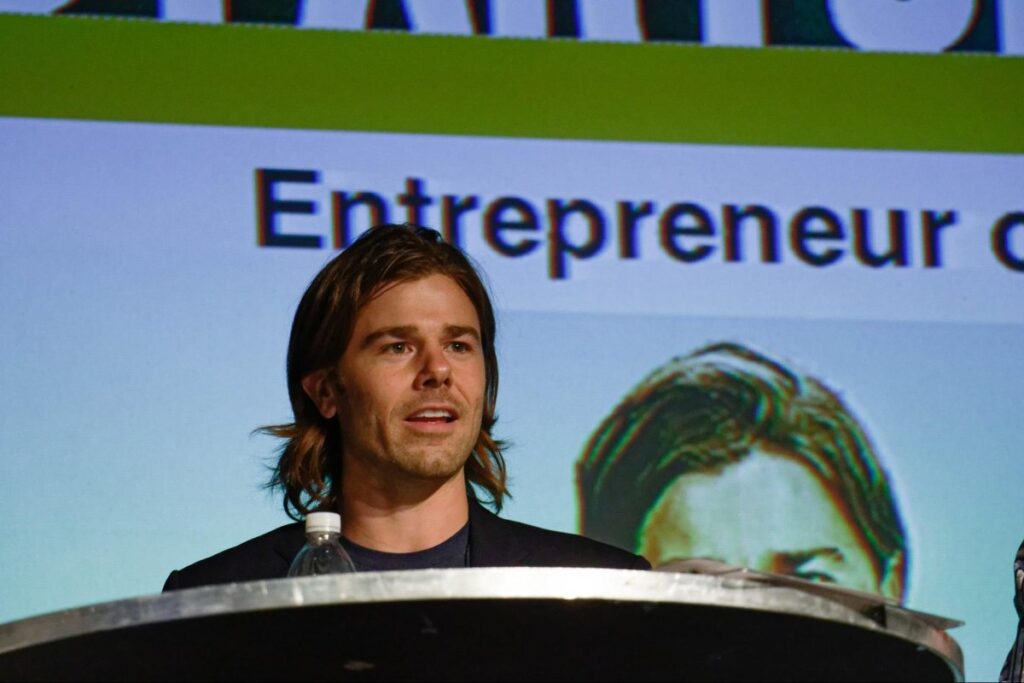When Dan Price announced the rejig to Gravity Payment workers’ pay, his adventurous decision was met with heavy criticism.

While the announcement probably led to jubilations among his members of staff, financial pundits across America suggested he was making a decision that was not economically sound and may lead the company to bankruptcy.
Traits of a Resolute Leader
Despite all that negativity, Price refused to take his foot off the gas and went with the initiative. As a dedicated leader, he walked the talk by doing exactly what he said he would.
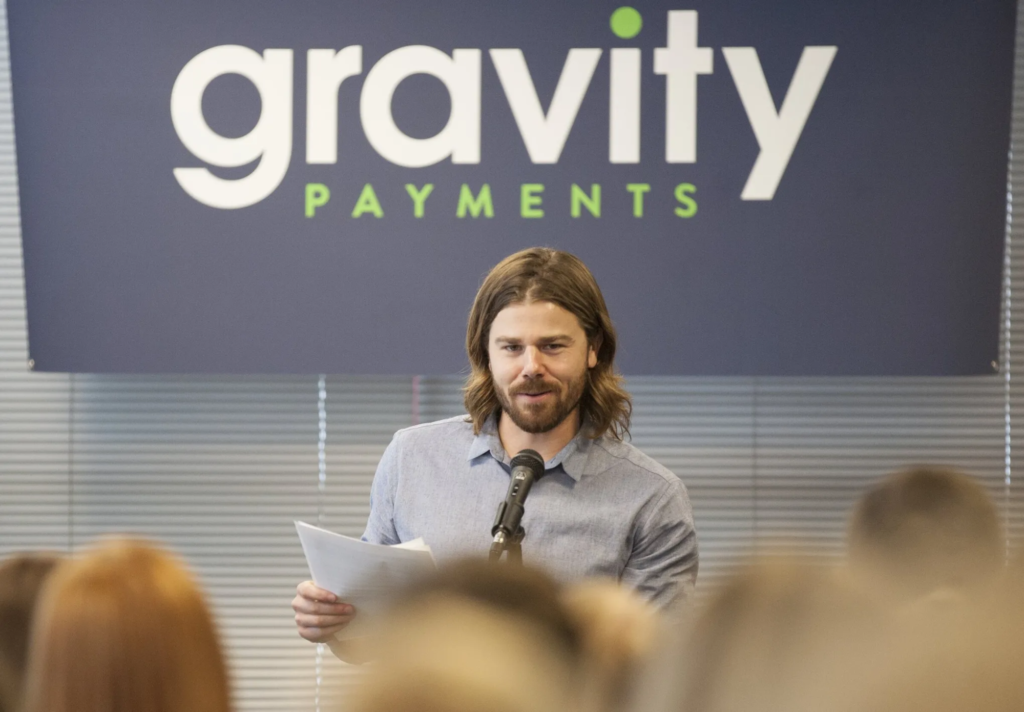
First, Price reduced his salary as CEO from $1 million to $100,000. He then set the ball rolling to make sure the 130 staff members at the company earned at least $70,000.
You Can Always Be the First
According to the pundits and financial analysts, Price’s decision lacked precedent in the business world, and they all believed he was out to lead Gravity Payments down the path of implosion.

Price’s decision about remuneration in the company did not align with the principles set forth by the average economic or business playbook.
The Rules of Capitalism are Strictly Guarded
So, it was natural for all the business experts to tear him to shreds in their analyses. According to a 2019 study by the Economic Policy Institute, the average CEO in the US takes home about 320 times the pay of their average worker.
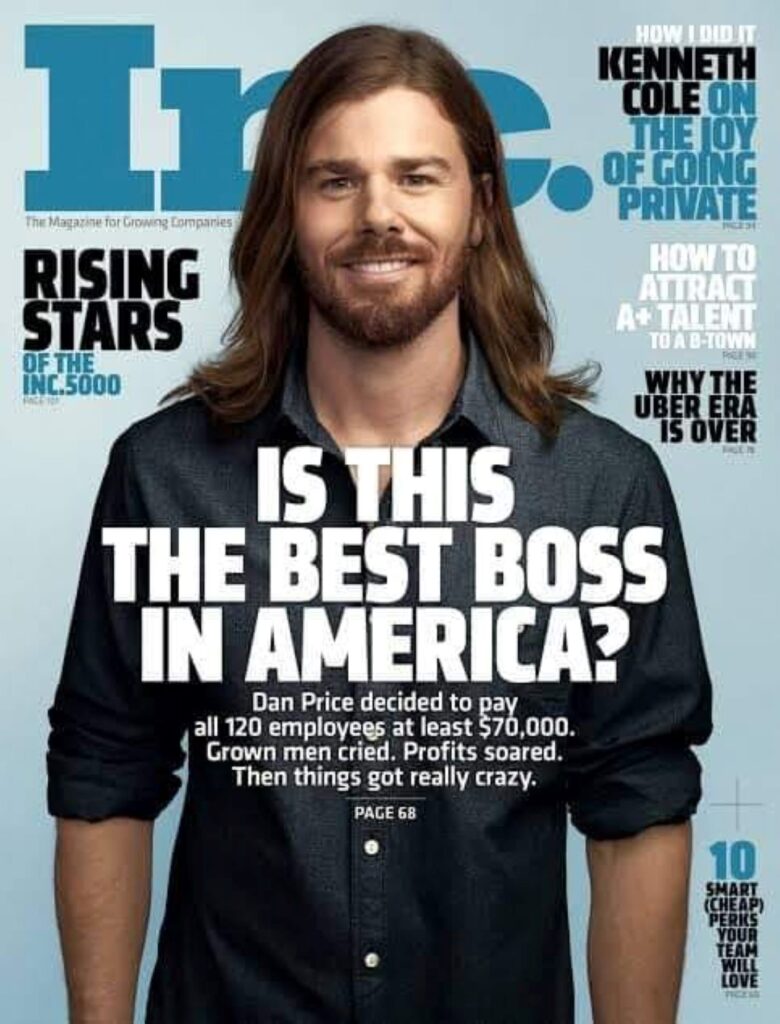
In fact, at the time of the study’s publication, US CEOs earned as much as $21.3 million per year.
The “I Told You So” Moment
However, six years after Price’s expensive fluke, he again stepped forward to announce another monumental news in the history of Gravity Payments.
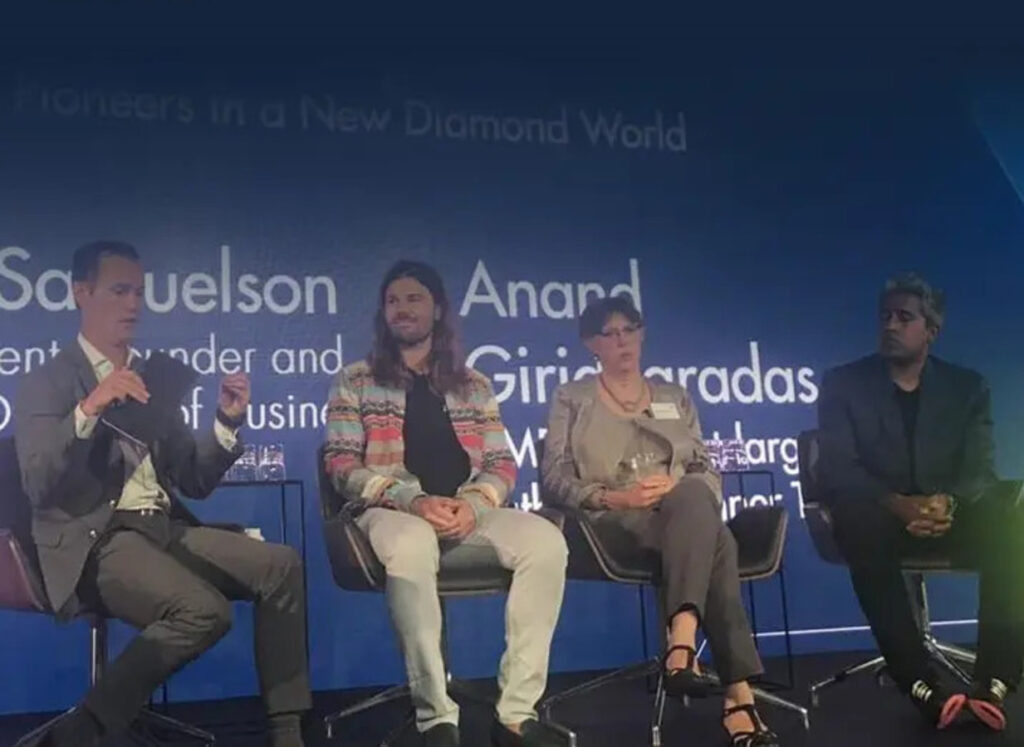
Contrary to business analysts’ projections that the company would go bankrupt sooner rather than later, Price took to Twitter to announce that Gravity Payments’ revenue has tripled in the space of six years.
Social Welfare of Gravity Payment Staff Improved
Apparently, Price started keeping tabs on his staff’s economic and social well-being after increasing their minimum pay. How do we know? He suggested during the Twitter announcement about tripled revenues that his workers are enjoying all-around fulfillment on the job.

Price said, “[We have a] 10-time increase in new homes bought and babies born. Employees have increased savings and paid down debts.”
Responding to Critics By Succeeding
It turns out Price heard most of the public criticisms leveled against him in 2015 and was meticulous enough to keep a catalog of them. Chief among his then-critics were News pundits affiliated with Fox News.

Some of the pundits called Price a socialist and even suggested that his workers would probably have to depend on welfare after his company folds up.
The Cult of the Trickle-Down Economy
Price suggests that pundits and economists believed his company would fail because of the general, but wrong, consensus that trickle-down economics is best for a capitalist nation like the United States.
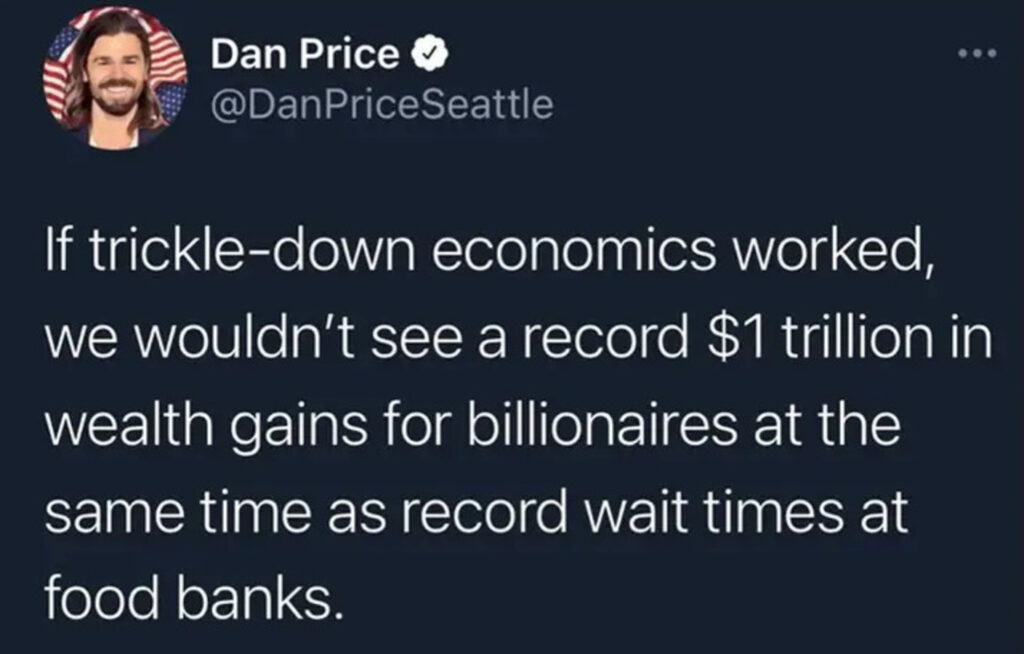
A trickle-down economy involves giving corporations and the wealthy tax cuts, hoping that the extra resources will eventually benefit the masses.
How Price Got His Epiphany
The seed that birthed Price’s decision to cut his salary was planted after he read a 2010 publication of scholarly research by Angus Deaton and Daniel Kahneman.

The study’s core message is that money doesn’t buy happiness. It also suggests that there is a cap on how much a worker’s life satisfaction increases in correlation to their income.
Conducting a Foolproof Study to Obtain Sound Results
The two researchers were careful not to collect the data used in the study’s conclusion themselves. Instead, they approached the Gallup Organization to seek permission to use about 450,000 responses from their Well-Being Index.

Gallup’s well-being index is a daily survey that professionally and carefully assesses US residents’ emotional well-being and life evaluation.
Can Money Buy You Happiness?
The Deaton-Kaheman study analyzed the Gallup data and discovered that smoking, loneliness, caregiving, and health were likely predictors of an American’s emotional well-being.

According to the study, approximately $75,000 is enough to help the average US resident get through a year with stable emotional wellness. However, above that figure, the researchers suggest that higher income or education hardly does any good for happiness.
The Very Cap of the Happiness Transaction
Price’s decision to follow through with his new-found ideology was set in stone after he had a chat with a friend.

This friend told Price that an annual pay of $70,000 would be just enough to help her make rent and give her son a proper upbringing.
How Unpopular Decisions May Bring Unprecedented Success
After joggling the chat with his friend around in his head, Price made the changes that earned him widespread criticism. At that time, Gravity Payments operated out of Seattle.
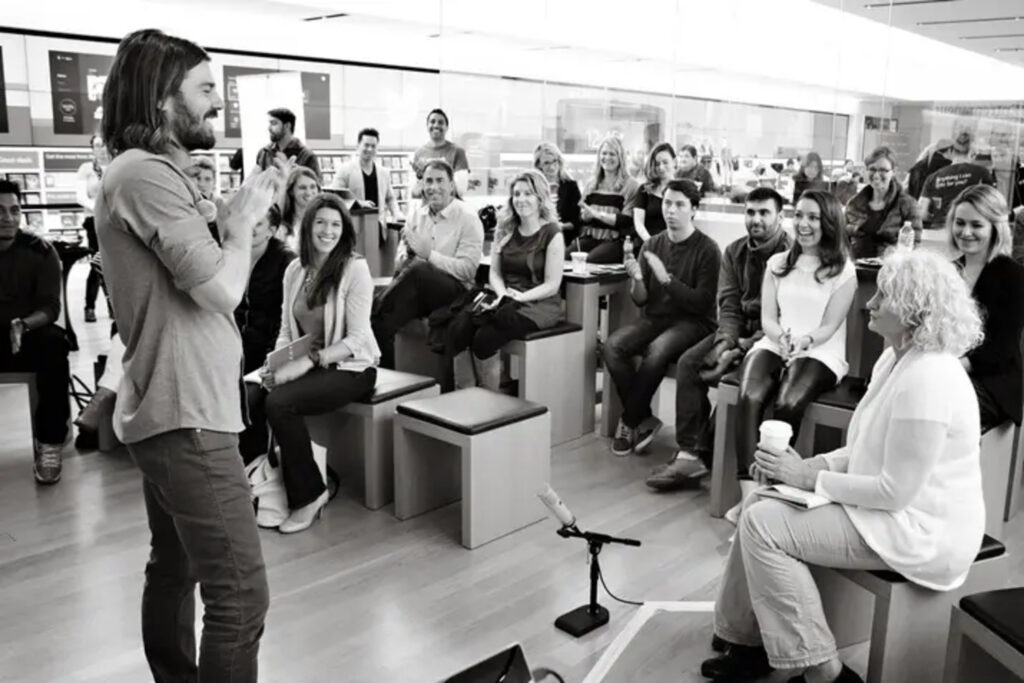
However, just a few years after the pay cut and minimum wage review, the company opened a new location in Boise, Idaho. During that period, the company’s employees also increased from 130 to 200.
Laying the Cards on the Table
Towards the end of his social media announcement, Price spotlighted what inspired him to share the success of his bet. According to Price, he felt obligated to help business and thought leaders break out of their mold casts.
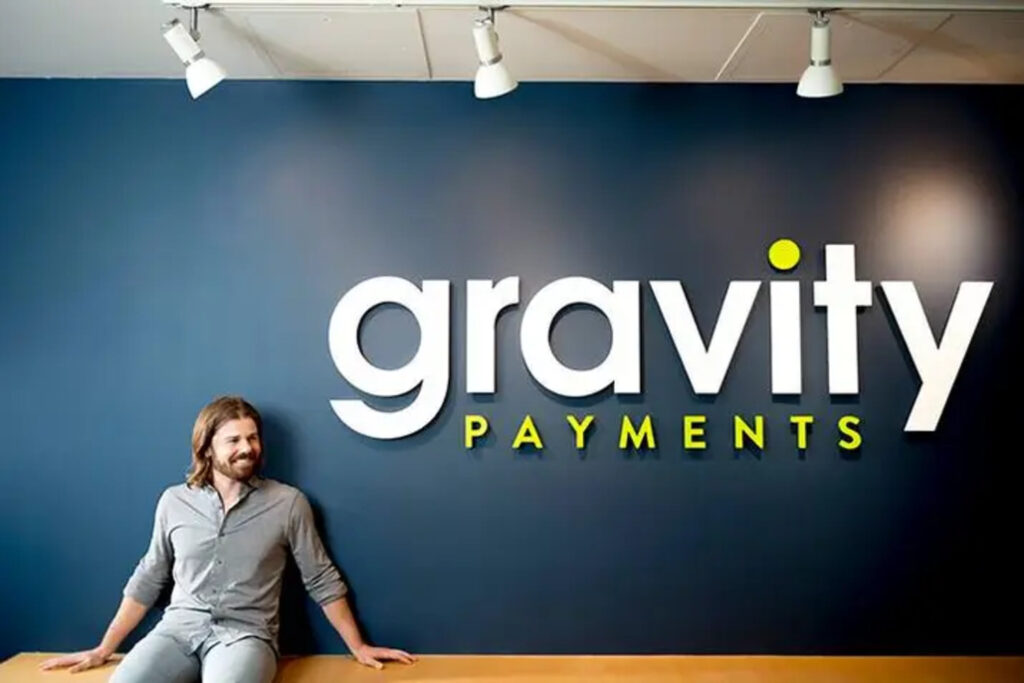
Likewise, he felt it was about time he doused the flame of skepticism that the initial criticisms and bad media brought to Gravity Payments.
Setting the Record Straight
Price said, “It was important not only to share how we are doing but also how we all need to be skeptical of what we hear on TV and read online.”

So, Price is sending out a clarion call for everyone to guard against economic indoctrinations that are subtly poised to further enrich the wealthy while leaving the workers in the dust.

